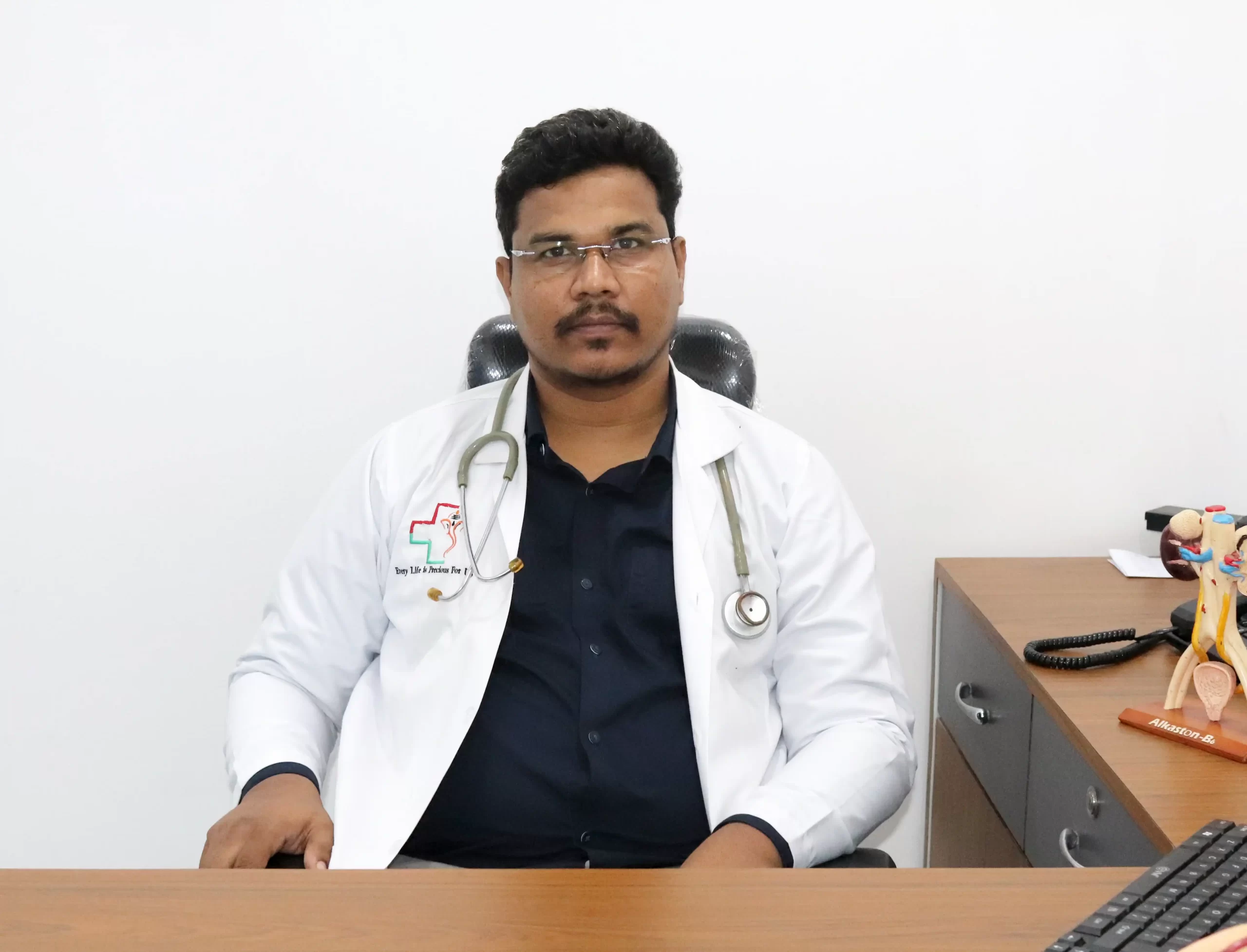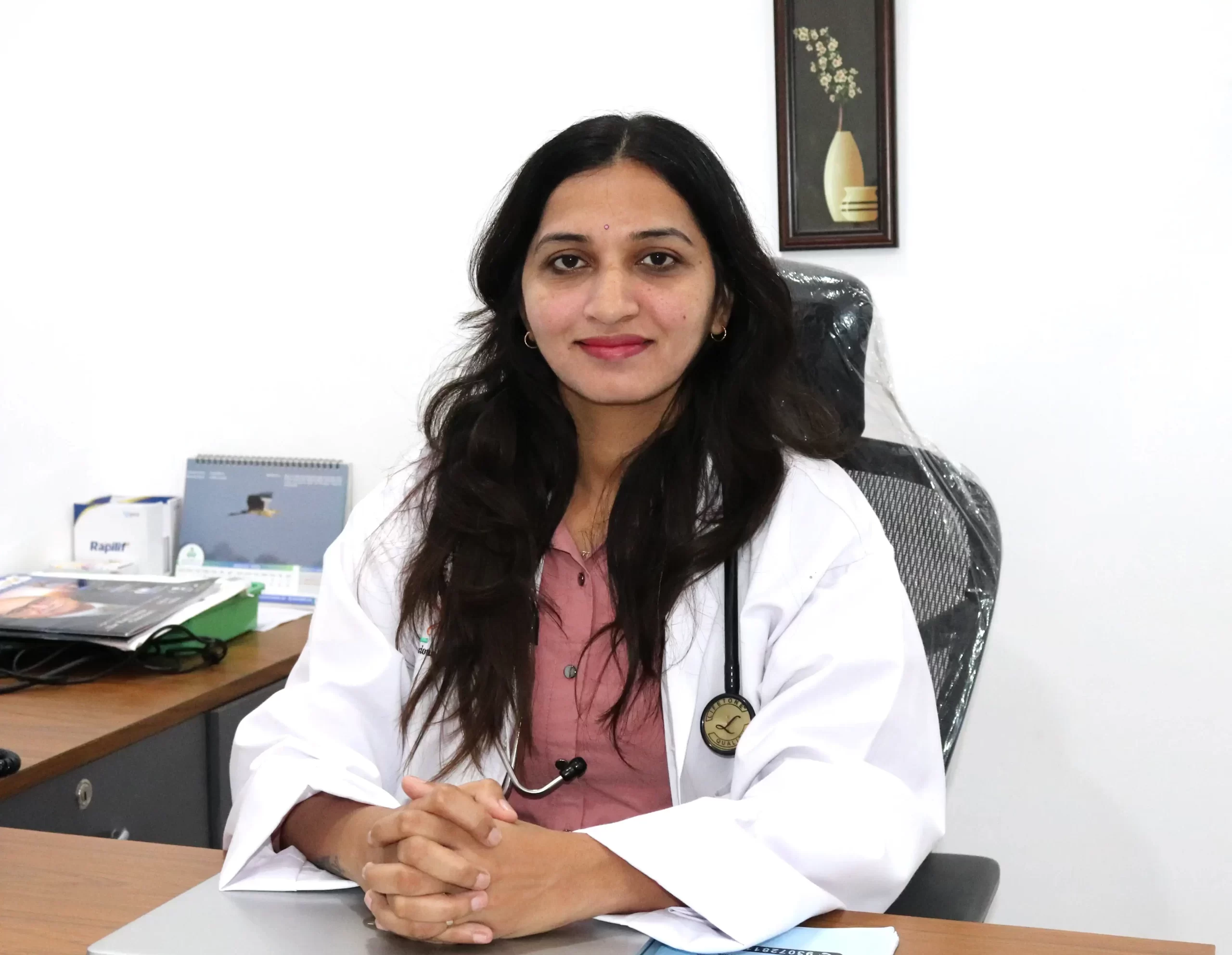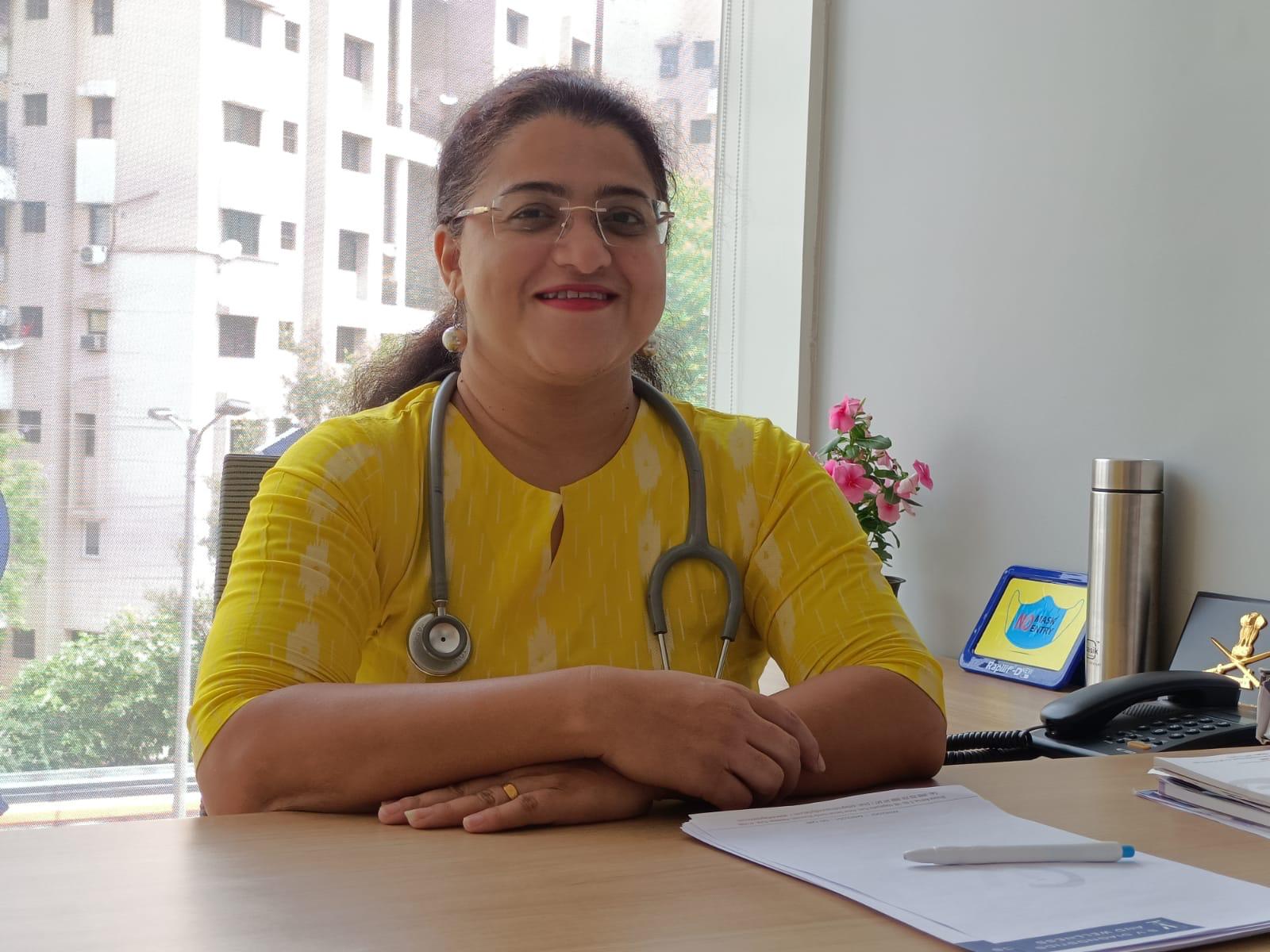- Home
- Departments
- Appendicitis Treatment

Appendicitis Treatment
Laparoscopic appendicitis treatment, also known as laparoscopic appendectomy, is a minimally invasive surgical procedure used to remove the inflamed appendix. This technique offers several advantages over open surgery, including smaller incisions, reduced postoperative pain, and quicker recovery times.
Apendicitis Treatment by Appendix Doctors in Keshavnagar, Pune
Appendicitis, an inflammation of the appendix, necessitates prompt intervention by skilled Appendix Doctors in Keshavnagar, Pune. Delayed treatment can lead to rupture and infection. The primary approach involves appendectomy, surgical removal of the inflamed appendix. In certain scenarios, antibiotics may precede surgery, especially if diagnosis is uncertain or immediate surgery isn’t feasible.
Appendectomy:
Open Appendectomy:
- In this traditional surgical approach, a small incision is made in the lower right side of the abdomen, and the inflamed appendix is removed. The incision may be about 2 to 4 inches long.
Laparoscopic Appendectomy:
- This minimally invasive technique involves making several small incisions in the abdomen. A laparoscope (a thin, lighted tube with a camera) and surgical instruments are inserted through these incisions to remove the appendix. Laparoscopic appendectomy often results in a faster recovery and less scarring compared to open surgery.
Antibiotic Therapy:
Preoperative Antibiotics:
- In some cases, especially when the diagnosis is uncertain or immediate surgery is not possible, antibiotics may be administered to reduce inflammation and infection before the appendectomy.
Postoperative Antibiotics:
- After surgery, a short course of antibiotics may be prescribed to prevent or treat any infection that may be present.
Supportive Care:
Pain Management:
- Pain medications, both during the hospital stay and after discharge, are commonly prescribed to manage postoperative pain.
Intravenous (IV) Fluids:
- IV fluids may be administered before surgery to address dehydration or after surgery to ensure proper hydration.
Nausea Medications:
- Medications to alleviate nausea may be given, as nausea and vomiting can be common after surgery.
Recovery:
Hospital Stay:
- The length of hospital stay varies, but many people can go home within a day or two after surgery.
Physical Activity:
- Patients are generally encouraged to resume light physical activity gradually, following the surgeon’s recommendations.
Dietary Changes:
- Initially, a liquid or soft diet may be recommended, and patients can gradually return to their regular diet as tolerated.
Advantages of Laparoscopic Appendectomy:
- Smaller Incisions: Laparoscopy involves smaller incisions, resulting in less postoperative pain and reduced scarring compared to open surgery.
- Faster Recovery: Patients typically experience a quicker recovery and can return to normal activities sooner.
- Reduced Risk of Infection: The smaller incisions and reduced exposure to the external environment lower the risk of surgical site infections.
- Shorter Hospital Stay: Most patients can go home the same day or within a day or two after the procedure.
- Less Blood Loss: The precision of laparoscopic techniques can lead to less blood loss during surgery.
Meet Our Doctors
Our administration and support staff all have exceptional people skills and trained to assist you with all medical enquiries. Doctors will be available from 8 am : 12 am , kindly call to confirm your Appointment.
Emergency Cases
Please feel welcome to contact our friendly reception staff with any general or medical enquiry call us.




